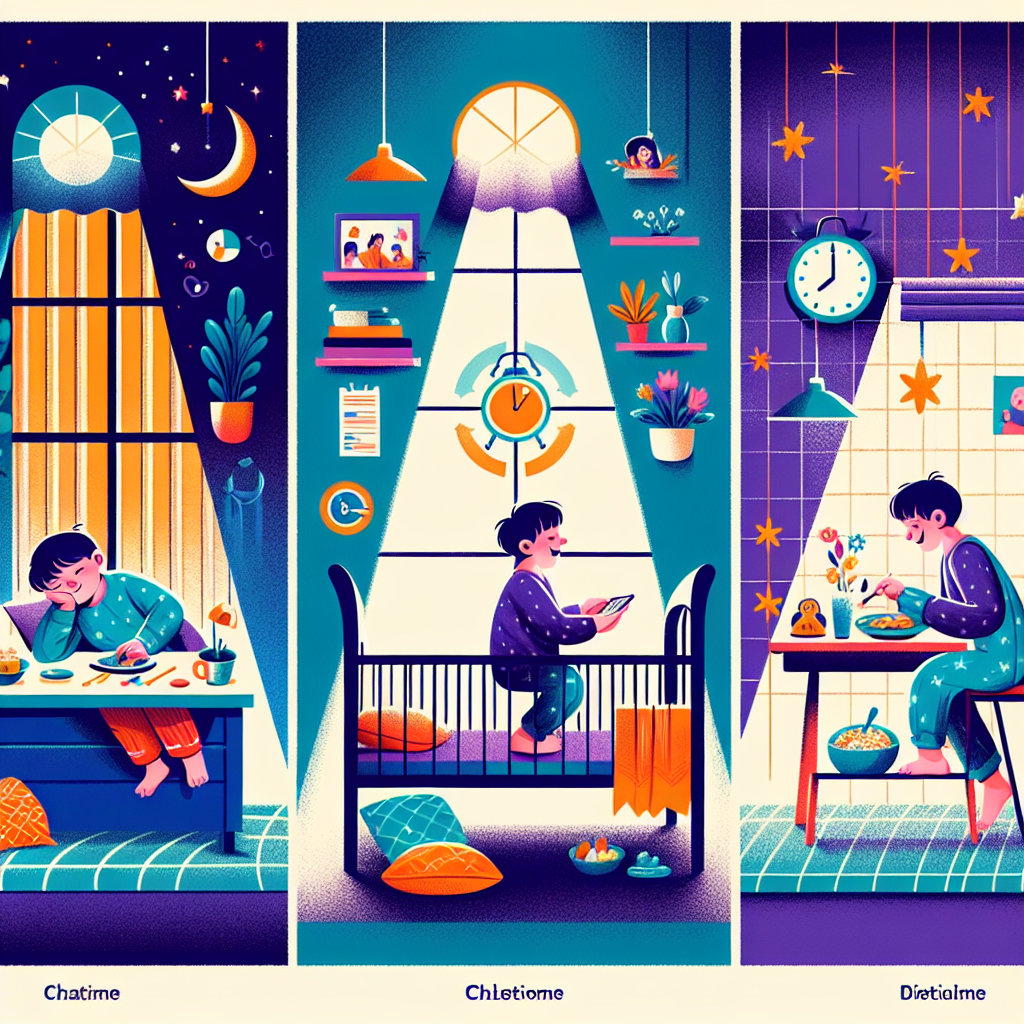Seclusion, Cribs and Fixed Time Feeding: The Impact on Children's Mental Health
Introduction
Raising a child involves huge responsibilities and difficult decisions, from choosing the type of crib to establishing a regular feeding schedule. Of course, every parent's intention is for their little one to grow up in a healthy and happy environment. However, how do practices such as social isolation, cot use and fixed feeding times affect children's mental health? It is essential to understand the impact of every decision we make, to ensure the most promising start in life for the little ones.
Social isolation and child development
Isolation is a significant factor that can affect children's behavior and emotions. Due to the lack of social interactions, feelings of loneliness and anxiety can develop. Although one might think that babies are too young to feel the consequences of isolation, studies show that a lack of social stimulation can delay the development of language and cognitive skills.
Long-term effect of isolation - The long-term implications of isolation can be quite serious, linking to emotional problems such as depression or anxiety. Children who do not interact enough in the early years of life may have difficulty forming healthy bonds and adjusting to the school environment.
The use of cribs and the autonomy of children
The crib is often the child's first personal space, considered a safe place where little ones can sleep and play. However, the use of cribs must be balanced with children's need to explore and learn through interaction. If the time spent in the crib is too extensive, children can develop feelings of isolation and frustration.
Importance of exploration in children's development - Exploration is essential for children's sensory and psychological development. Through exploration, they discover the world around them and learn how to interact with it. Limiting this fundamental aspect can inhibit the development of fine and gross motor skills, as well as the development of autonomy.
Implications of feeding at fixed times
Implementing a regular feeding schedule is often seen as a key element in establishing routines and autonomy. However, flexibility is crucial in this regard. Children who are fed strictly at fixed times can become anxious or stressed about eating, which can lead to problems such as obesity or eating disorders.
Learning their own body's signals - It is important for parents to help children learn to recognize their own body's signals of hunger and satiety. This not only fosters a healthy relationship with food, but also teaches children to be attentive to their individual needs, a vital skill in maintaining mental health.
Strategies for promoting robust mental health
To promote children's mental health, parents can take a number of approaches: 1. Encourages early social interactions, even in the family environment; 2. It limits the time the child spends in the crib, giving him opportunities to explore in a safe environment; 3. Adopt a flexible feeding schedule that takes into account the child's hunger signals.
Conclusion
Without a doubt, your child's mental health is just as important as their physical health. And while seclusion, cribs, and feeding at fixed times may seem like items of no major consequence, their impact on a child's long-term development is significant. By taking a balanced and informed approach, parents can ensure that their little ones enjoy a healthy and happy childhood. Remember, every stage of a child's life is essential in shaping the individual of tomorrow. Visit our dedicated section for more resources and support on the parent and child journey!



















































































































































